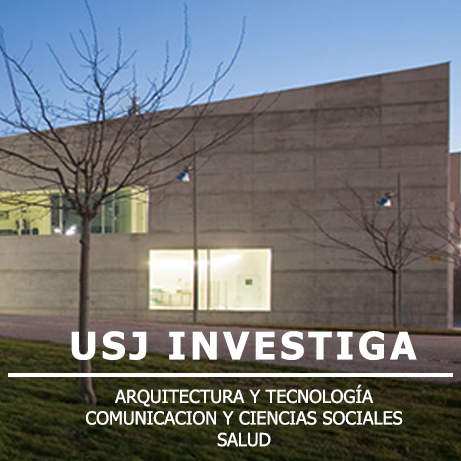Financiación: Programa Europeo ERASMUS+ Asociaciones Estratégicas (2018-1-ES01-KA203-050800)
Coordinador: Fundación Universidad San Jorge.
Socios: Istanbul Aydin üniversity, ARTESIS PLANTIJN HOGESCHOOL ANTWERPEN, INSTITUTO POLITÉCNICO DE PORTALEGRE
Periodo de ejecución: 3 years ( 01/09/2018-30/08/2021)
Presupuesto: 302.052,00 €
Summary:
According to the European Commission, “social inclusion is at the core of the European Social Model and European values enshrined in the Lisbon Treaty”. However, in the past few years, social exclusion and inequality have emerged as a major concern in European society. European Higher education institutions (HEIs) have a responsibility to address these issues through the promotion of social, civil and transcultural competences, democratic values and fundamental rights, social inclusion, non-discriminating active citizenship and critical thinking.
This project addresses cultural, linguistic and religious diversity, and promotes ownership of shared values, equality, non-discrimination and social inclusion through education and training at higher education level. In particular, TC-Nurse aims to:
– Foster the development of social, civic and transcultural competences, and critical thinking, not only amongst participant nursing students and both teaching and clinical staff, but also amongst key stakeholders and decision/policy makers at local and regional level in all the participating countries.
– Tackle discrimination, segregation, racism, bullying and violence in healthcare through the undertaking of preliminary research on this area, and subsequent creation of a multinational blended-learning module in transcultural nursing.
In line with the above, actions, methodology and outputs have been designed to:
1) Allow the project team to draw a clear and realistic picture of transculturalism and cultural diversity at academic, healthcare and social levels.
2) Test the implementation of CLIL as a teaching methodology in higher education, in a multinational, multicultural, multilingual environment.
3) Pilot the delivery of newly developed content and teaching & learning materials on transcultural nursing.
In order to achieve these goals, three intensive training programmes for higher education learners from the four partner HEIs will take place during the funding period. A total number of 120 undergraduate student nurses will attend these events. In addition, a total of 30 academic staff members from the HEI consortium will have the opportunity to take part in three short-term joint staff training events in CLIL methodology for teachers in higher education. These lecturers will be involved in the design and delivery of content and teaching & learning materials during the intensive training programmes.
Each intensive training programme will be preceded by a multinational research project in transcultural nursing at three levels, namely higher education, healthcare and society. A research team comprising at least one academic member of staff from each partner HEI will undertake qualitative research in the following three areas:
– Year 1: Evaluation of nursing students’ knowledge, understanding and skills relating to caring for, and working with, people from diverse cultural and religious backgrounds. We will involve a sample of 120 student nurses enrolled at the participating HEIs.
– Year 2: Qualified nurses’ values, beliefs and attitudes towards both colleagues and patients who belong to a different culture, and impact on culturally competent nursing practice. A sample of 40 to 64 qualified nurses from both public and private healthcare services, from different geographical areas (i.e. urban/rural) and from diverse areas of specialisation (i.e. palliative care, accident and emergency, primary care, etc.) will be involved at this stage.
– Year 3: Barriers and facilitators to accessing and using healthcare services, and perceived healthcare needs of people from diverse cultural backgrounds. A sample of 40 to 64 persons from diverse cultural minorities, including migrants and refugees, will participate in the process of data collection. Also, a variable number of in-depth individual interviews with key stakeholders and decision/policy makers will be held at this stage by all the participating Heis.
.


